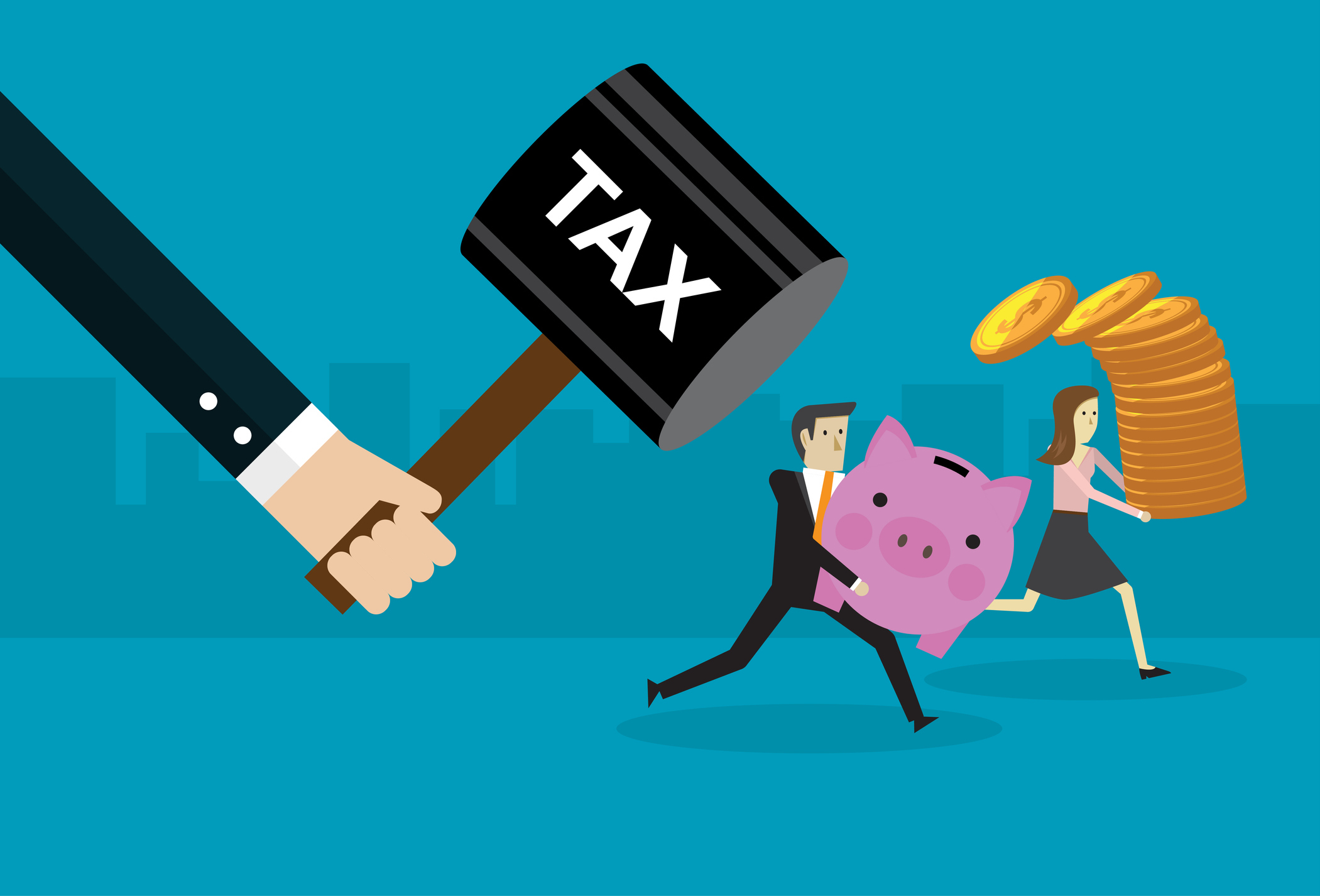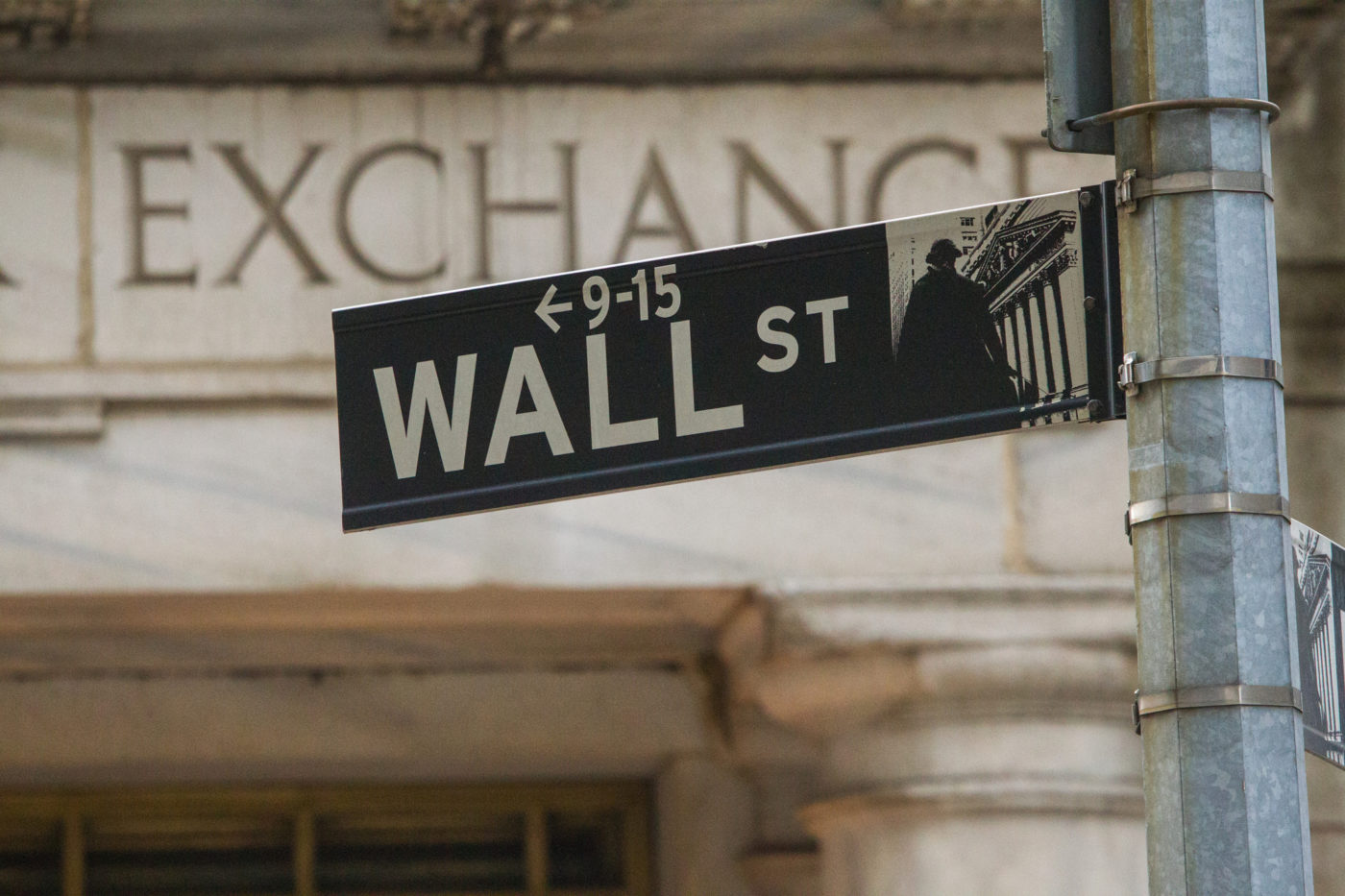
Biden Signals Capital Gains Tax Hike
By Richard Schooley
04/26/21
Don’t Panic.

While few words alarm Americans more than “tax hike,” most of us are unlikely to feel the impact of President Biden’s plan to raise the capital gains tax. In remarks today, Brian Deese, the director of the National Economic Council, said from the White House that the plan would raise the capital gains tax for the top 0.3% of U.S. households — those that make more than $1 million in annual income.
Deese further explained that the proposed tax hike would target households that do not derive the majority of their income from wages. “For the typical Americans, most of their income comes from wages,” he said. “So, for people making less than $1 million a year, about 70% of their income comes from wages. But for those making more than $1 million, for the top 0.3%, it’s the opposite. About 30% of their [income] comes from wages.”
It’s not the top 1%, it’s not even the top one-half of 1%.
It is “not the top 1%, it’s not even the top one-half of 1%,” Deese said. “For the other 997 out of 1,000 households in the country … this is not a change that will be relevant. It won’t change the tax treatment of capital gains at all.”
For the country’s highest earners, the plan would see their wage and investment income taxed at the same rate, a reversal of today’s paradigm in which investment returns receive a friendlier tax treatment than money earned through labor. Today’s tax code enables very wealthy investors to live off of their investment income while paying a lower tax rate than people whose primary income is derived from wage labor. One critic of the current tax code is Warren Buffet, who claimed that he pays a lower tax rate than his office staff because of favorable capital gains rates.
Impact on the Market
According to UBS Global Wealth Management chief investment officer, Mark Haefele, if markets react negatively to the capital gains tax hike, it won’t be for long. “Historically, increases in capital gains taxes have not harmed performance. For example, the last time capital gains taxes went up was in 2013, when they jumped by nearly nine percentage points. Yet stocks rose 30% that year.”
So, while most investors won’t be affected by the planned capital gains tax hike, it is always important to consistently manage your portfolio. Let’s review your financial plan now to make sure you’re in a position to balance risk and potentially meet all of your goals.
